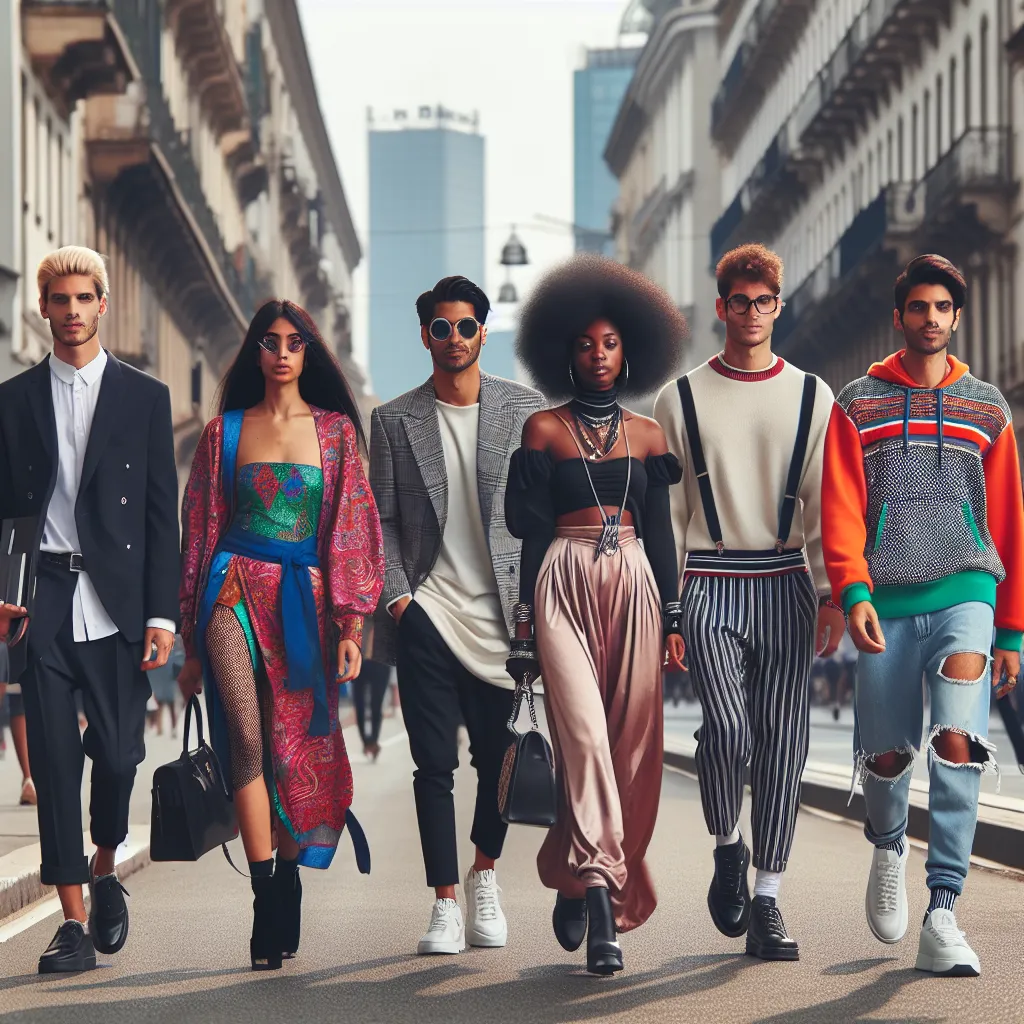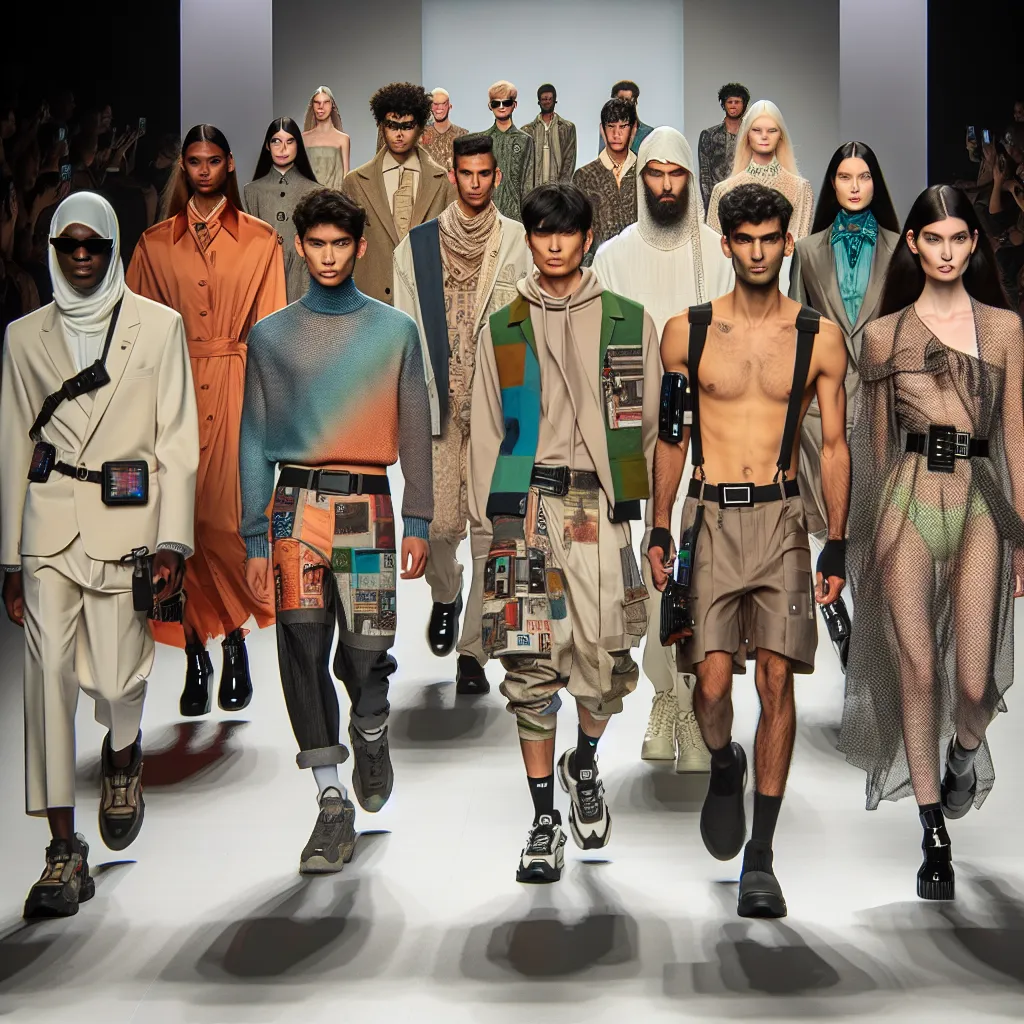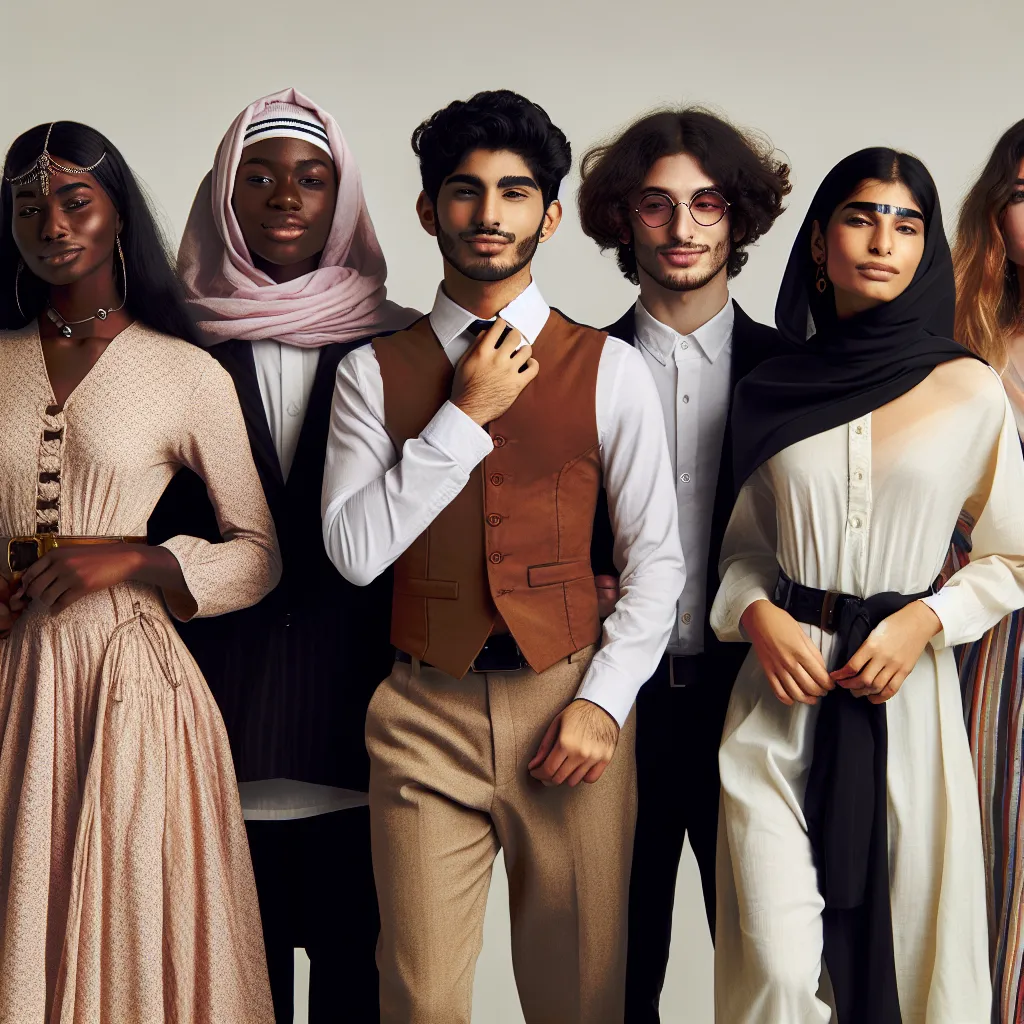The Intersection of Fashion and Sustainability: Latest Trends
In recent years, the intersection of fashion and sustainability has become a prominent topic in the fashion industry. As consumers become more conscious of the environmental impact of their choices, the demand for sustainable fashion has grown significantly. This shift towards sustainability has led to the incorporation of eco-friendly materials, ethical production practices, and innovative recycling techniques in the latest style trends.
One of the latest trends in sustainable fashion is the use of organic and natural materials such as organic cotton, hemp, and bamboo. These materials not only have a lower environmental impact but also offer unique textures and qualities that add a new dimension to fashion designs. Designers are embracing these materials to create stylish and eco-conscious clothing that appeals to the environmentally aware consumer.
Another notable trend is the upcycling and repurposing of materials to create new and innovative designs. This approach involves reusing old clothing or textiles to produce new garments, reducing waste and promoting a circular fashion economy. Designers are experimenting with creative cutting techniques and patchwork designs to breathe new life into discarded clothing, embracing the concept of “waste is wealth” in the fashion industry.
Furthermore, the concept of slow fashion has gained momentum as a response to the fast fashion model. Slow fashion emphasizes quality over quantity, encouraging consumers to invest in timeless pieces that are made to last. This trend promotes a more sustainable approach to fashion consumption, reducing the environmental impact of disposable clothing and fostering a more mindful attitude towards fashion.
In conclusion, the latest style trends in sustainable fashion reflect a growing awareness of the need for environmentally conscious practices in the fashion industry. From the use of organic materials to the embrace of upcycling and the promotion of slow fashion, these trends demonstrate a shift towards a more sustainable and ethical approach to fashion design and consumption.
Eco-Friendly Innovations: The Future of Fashion
As the fashion industry continues to emphasize sustainability, eco-friendly innovations are becoming the driving force behind the future of fashion. From innovative fabric materials to ethical production processes, the latest style trends are increasingly focused on environmental consciousness and social responsibility.
One of the most significant eco-friendly innovations in the fashion industry is the use of sustainable and recycled materials. Designers are incorporating materials such as organic cotton, hemp, and recycled polyester into their collections, reducing the environmental impact of traditional fabric production. Additionally, technological advancements have led to the development of innovative materials like Piñatex (made from pineapple leaf fibers) and Tencel (a fiber made from wood pulp), offering sustainable alternatives to conventional textiles.
Furthermore, sustainable fashion is embracing eco-friendly production practices, including zero-waste pattern cutting, upcycling, and the implementation of renewable energy sources in manufacturing processes. These initiatives not only reduce the environmental footprint but also promote greater efficiency and cost-effectiveness within the fashion supply chain.
The future of fashion is also being shaped by the adoption of circular economy principles, which prioritize minimizing waste and maximizing the lifespan of clothing. Brands are increasingly focused on creating durable, timeless designs and offering repair and recycling services to ensure that garments have a longer and more sustainable lifecycle.
Overall, eco-friendly innovations are at the forefront of the fashion industry, driving the shift towards sustainability and shaping the latest style trends. As consumers become more conscious of the environmental and social impact of their fashion choices, the demand for sustainable and ethically produced clothing continues to grow, making eco-friendly innovations an integral part of the future of fashion.
Sustainable Style: Redefining Fashion Standards
In recent years, the fashion industry has witnessed a significant shift towards sustainable practices, as consumers and brands alike have become increasingly aware of the environmental and ethical impact of fast fashion. This shift has given rise to a new wave of sustainable style, redefining the standards of fashion and influencing the latest style trends.
Sustainable fashion is not just a passing trend but a movement towards a more responsible and ethical approach to clothing production and consumption. It encompasses various aspects such as using eco-friendly and biodegradable materials, implementing fair labor practices, reducing waste, and promoting transparent supply chains. As a result, sustainable style has become synonymous with innovation, creativity, and conscious consumerism.
One of the key elements of sustainable style is the emphasis on quality over quantity. Rather than following the traditional fast fashion cycle of producing large volumes of clothing at low cost, sustainable fashion brands focus on creating timeless pieces that are durable, versatile, and made to last. This approach not only aligns with the principles of sustainability but also encourages a shift towards a more minimalist and curated wardrobe.
Furthermore, the concept of sustainable style has challenged the traditional notion of fashion seasons and fleeting trends. Instead of chasing the latest fads, sustainable fashion encourages a timeless and seasonless approach to dressing, promoting the idea of investing in pieces that can be worn year-round and transcending the constraints of seasonal fashion.
Overall, the rise of sustainable fashion in the latest style trends signifies a transformative change in the fashion industry. By redefining fashion standards and encouraging a more mindful and ethical approach to clothing, sustainable style has not only influenced the way we dress but has also set a new benchmark for the future of fashion.
Environmental Consciousness in the Fashion Industry
In recent years, there has been a remarkable shift towards environmental consciousness in the fashion industry, giving rise to the trend of sustainable fashion. As consumers become more aware of the environmental impact of fast fashion, they are seeking out eco-friendly alternatives that prioritize ethics and sustainability. This movement has propelled the fashion industry into a new era, where eco-friendly materials, ethical production processes, and social responsibility are at the forefront of latest style trends.
The use of organic and recycled materials has become increasingly prevalent in sustainable fashion, with designers and brands exploring innovative ways to reduce their environmental footprint. From organic cotton and hemp to recycled polyester and innovative textiles made from natural fibers, the sustainable fashion movement is revolutionizing the materials used in clothing production.
Furthermore, the concept of circular fashion, which emphasizes the longevity and recyclability of clothing, is gaining momentum in the industry. Designers are focusing on creating timeless pieces that are made to last, while also incorporating recycling and upcycling practices to ensure that garments have a second life.
While the rise of sustainable fashion in latest style trends signifies a positive shift towards environmental consciousness in the fashion industry, there is still much progress to be made. Consumer education and awareness play a crucial role in driving the demand for sustainable fashion, and as more people become informed about the impact of their fashion choices, the industry will continue to adapt and evolve towards a more sustainable future.




